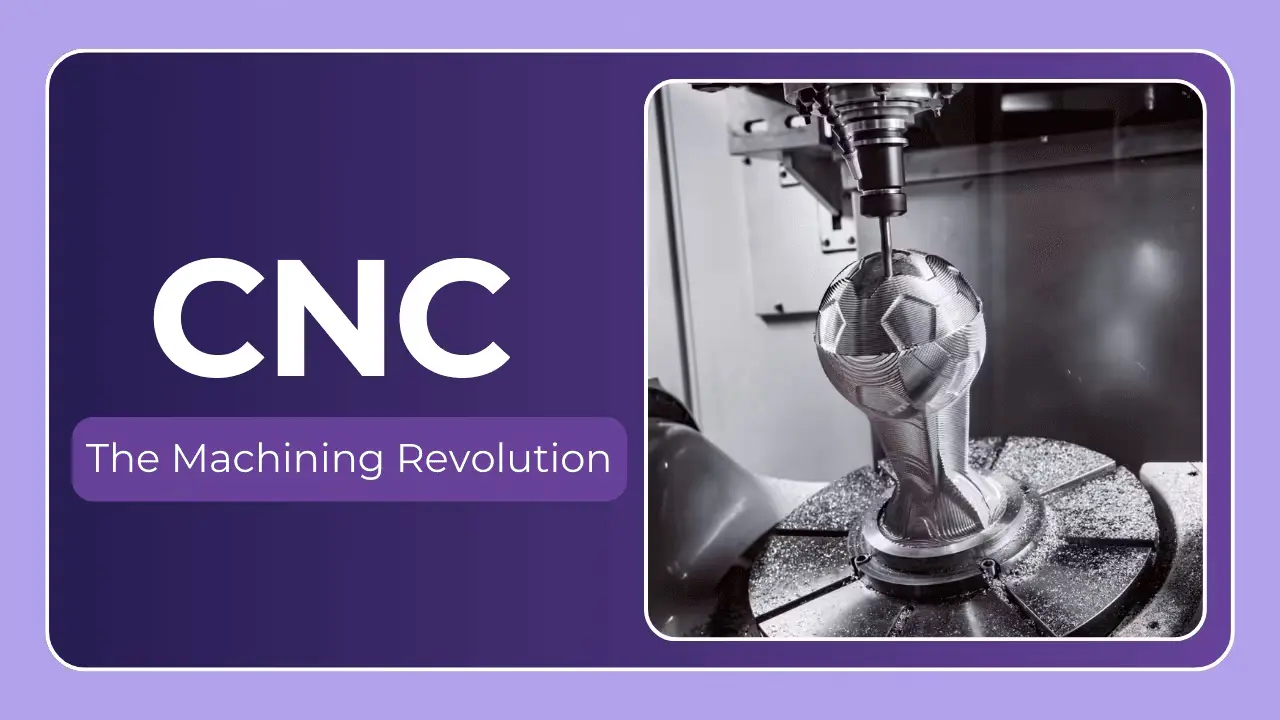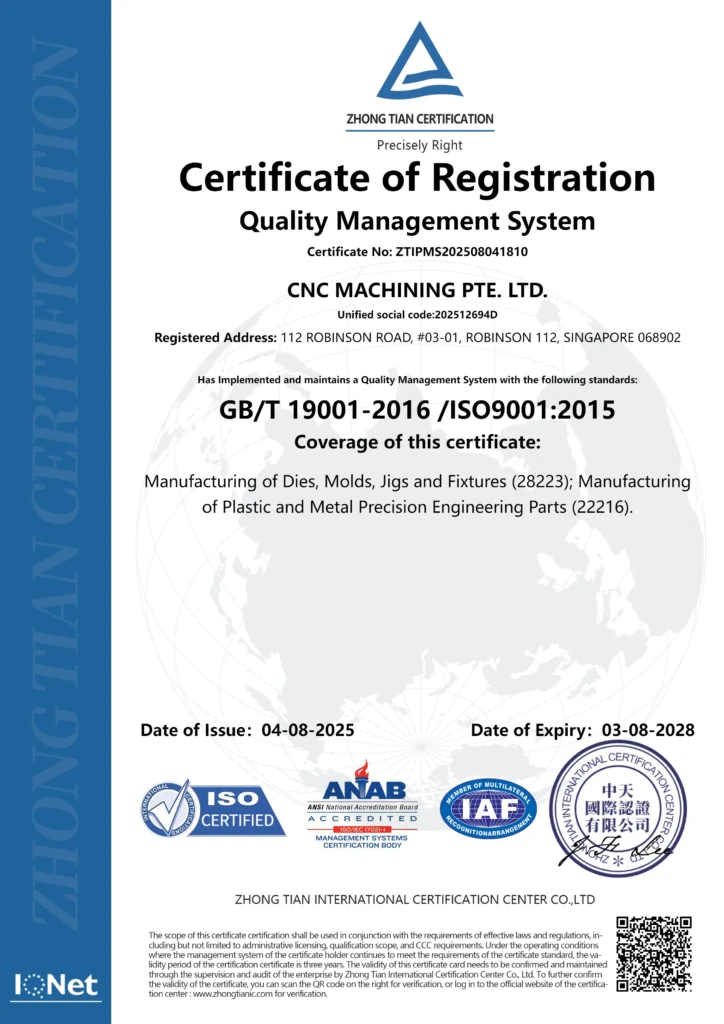Finding the Right Partner: A Deep Dive into CNC Machining Experts in the West Midlands
The West Midlands, historically the heartland of British manufacturing, continues to be a powerhouse of engineering and precision machining. For businesses requiring high-quality, custom-engineered components, navigating the landscape of CNC machining providers can feel daunting. This article aims to provide a comprehensive overview of what to look for in a CNC machining expert in the West Midlands, the technologies they employ, the materials they work with, and ultimately, how to choose the right partner for your project. We’ll also touch upon how companies like CNC MACHINING PTE. LTD. (based in Singapore, but relevant for global sourcing considerations) fit into the broader picture of precision manufacturing.
The Importance of CNC Machining in Modern Manufacturing
Computer Numerical Control (CNC) machining has revolutionized manufacturing. Unlike traditional machining methods relying heavily on manual operation, CNC machining uses pre-programmed computer software to dictate the movement of factory tools. This results in:
- Increased Precision: CNC machines consistently deliver parts with incredibly tight tolerances, often measured in microns.
- Higher Efficiency: Automated processes significantly reduce production time and waste.
- Complex Geometries: CNC machining can create intricate designs and complex shapes that would be impossible or prohibitively expensive to produce manually.
- Repeatability: Once a program is perfected, identical parts can be produced consistently, batch after batch.
- Versatility: CNC machining can work with a vast array of materials, from metals and plastics to composites and wood.
What Services Do West Midlands CNC Machining Experts Offer?
The best CNC machining companies in the West Midlands offer a comprehensive suite of services, going beyond simply running a machine. Here’s a breakdown of common capabilities:
- Milling: Removing material from a workpiece using rotating cutting tools. This includes 3-axis, 4-axis, and crucially, 5-axis milling (more on that later).
- Turning: Rotating the workpiece while a cutting tool removes material. Often used for cylindrical parts.
- Drilling & Tapping: Creating holes and adding threads.
- EDM (Electrical Discharge Machining): Using electrical sparks to erode material, ideal for hard materials and intricate shapes.
- Grinding: Achieving extremely precise surface finishes and tight tolerances.
- Prototyping: Creating initial samples to test designs and functionality. Rapid prototyping services are particularly valuable.
- Low-Volume Production: Manufacturing small batches of parts for specialized applications.
- High-Volume Production: Scaling up production for larger orders.
- Design for Manufacturability (DFM): A crucial service where engineers review your design to ensure it can be efficiently and cost-effectively manufactured.
- Post-Processing: This includes services like:
- Anodizing: Creating a protective oxide layer on aluminum.
- Powder Coating: Applying a durable, corrosion-resistant finish.
- Polishing & Deburring: Improving surface finish and removing sharp edges.
- Heat Treatment: Altering the material properties for increased strength or hardness.
- Assembly: Putting together multiple components into a finished product.
The Rise of 5-Axis CNC Machining
While 3-axis machining is common, 5-axis machining represents a significant leap in capability. It allows the cutting tool to move along five different axes simultaneously, enabling the creation of incredibly complex geometries with a single setup. This translates to:
- Reduced Setup Times: Fewer setups mean less potential for errors and faster turnaround.
- Improved Surface Finish: The ability to orient the cutting tool optimally results in a smoother finish.
- Undercutting Capabilities: 5-axis machines can access areas that are inaccessible to 3-axis machines.
- Higher Accuracy: Reduced vibration and improved tool control contribute to greater accuracy.
Companies like CNC MACHINING PTE. LTD. specialize in 5-axis machining, demonstrating the growing demand for this advanced technology. While geographically distant, their expertise highlights the global availability of high-precision machining capabilities.
Materials Commonly Machined in the West Midlands
West Midlands CNC machining experts work with a wide range of materials, including:
| Material | Common Applications | Key Properties |
|---|---|---|
| Aluminum (6061, 7075) | Aerospace, Automotive, Electronics | Lightweight, Corrosion Resistant, High Strength-to-Weight Ratio |
| Stainless Steel (304, 316) | Medical, Food Processing, Marine | Corrosion Resistant, Durable, Hygienic |
| Carbon Steel (1045, 4140) | Automotive, Machinery, Tools | High Strength, Hardness, Wear Resistance |
| Titanium (Grade 5) | Aerospace, Medical Implants, High-Performance Applications | Exceptional Strength-to-Weight Ratio, Corrosion Resistance, Biocompatibility |
| Plastics (ABS, Polycarbonate, Delrin) | Consumer Products, Automotive, Medical | Lightweight, Versatile, Cost-Effective |
| Brass & Copper | Electrical Components, Plumbing, Decorative Items | Excellent Conductivity, Corrosion Resistance, Malleability |
| Tool Steels | Tooling, Dies, Molds | High Hardness, Wear Resistance, Heat Resistance |
Choosing the Right CNC Machining Partner in the West Midlands: Key Considerations
Selecting the right CNC machining partner is critical for the success of your project. Here’s what to look for:
- Experience & Expertise: How long have they been in business? What industries do they serve? Do they have experience with your specific material and application?
- Equipment & Technology: Do they have the necessary machines and software to meet your requirements? Specifically, do they offer 5-axis machining if your project demands it?
- Quality Control: What quality control procedures do they have in place? Do they use CMMs (Coordinate Measuring Machines) or other advanced inspection equipment? Are they ISO certified (e.g., ISO 9001)?
- Capacity & Lead Times: Can they handle your order volume and meet your deadlines?
- Communication & Customer Service: Are they responsive and easy to communicate with? Do they provide regular updates on your project?
- Cost: While price is important, it shouldn’t be the sole deciding factor. Consider the overall value, including quality, lead time, and customer service.
- DFM Capabilities: A partner who can proactively offer design improvements for manufacturability can save you significant time and money.
The Global Perspective: Considering Outsourcing Options
While the West Midlands boasts a strong base of CNC machining expertise, it’s worth considering the potential benefits of outsourcing to companies like CNC MACHINING PTE. LTD. in Singapore. This can be particularly advantageous for:
- Highly Complex Parts: Specialized expertise in 5-axis machining.
- Competitive Pricing: Potentially lower labor costs.
- Fast Turnaround: Efficient production processes and streamlined logistics.
- Access to Specialized Materials: Sourcing of materials not readily available locally.
However, it’s crucial to carefully evaluate factors like shipping costs, lead times, communication barriers, and quality control procedures when considering overseas outsourcing.
Conclusion: Investing in Precision for Success
The CNC machining landscape in the West Midlands is vibrant and competitive. By understanding the technologies available, the materials commonly worked with, and the key considerations for choosing a partner, you can ensure a successful outcome for your project. Whether you opt for a local expert or explore global options like CNC MACHINING PTE. LTD., prioritizing precision, quality, and communication is paramount. Investing in the right CNC machining partner isn’t just about getting parts made; it’s about investing in the success of your product and your business. Don’t hesitate to request quotes from multiple providers, thoroughly vet their capabilities, and choose a partner who understands your needs and can deliver exceptional results.




